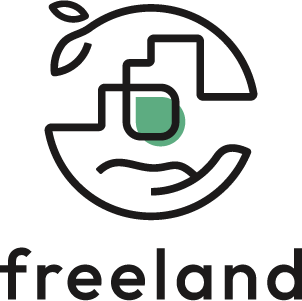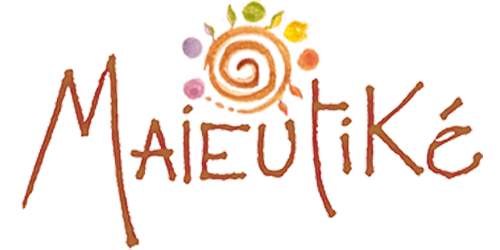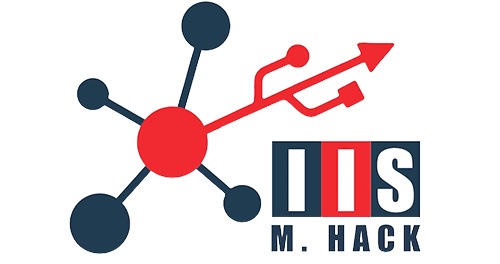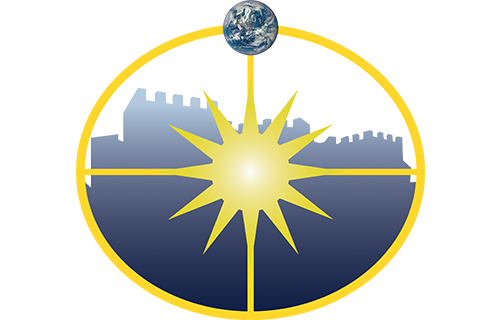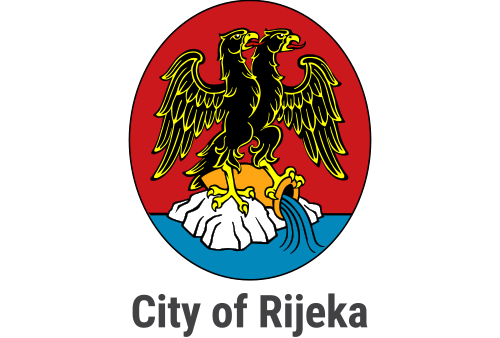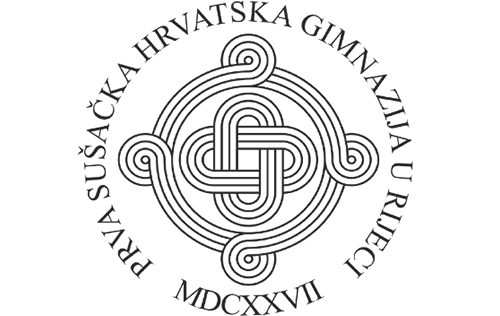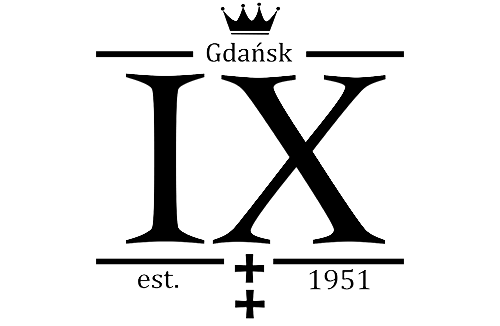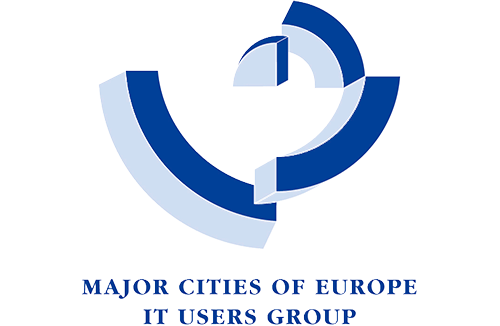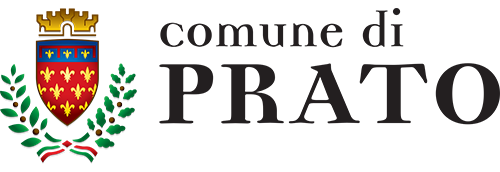About
FREELAND is an educational project aimed at promoting students' civic engagement and participation in democratic life, at increasing students' interest and competence in STEAM subjects through the development of an innovative learning methodology and related learning materials.
The main aim of the project is to support school teachers and students in creating an educational environment in which respect for people and the natural and urban environment are at the centre.
The project develops an innovative learning methodology to support schools to make successful social inclusion and integration of young people with fewer opportunities and difficulties coming from these realities.
The methodology envisages the activation of educational activities - but also sporting and cultural activities, that are based on an informal learning atmosphere, in order to create a stimulating and enjoyable study environment for STEAM subjects.
Objectives
1. Identify the needs of teenagers, teachers and citizens in terms of educational and urban regeneration priorities, and select the most suitable tools required to address those needs in different municipalities and contexts.
2. Develop a teaching methodology based on educational and interdisciplinary activities via outdoors laboratories that analyse the environmental, social and cultural characteristics of selected areas of intervention that need to be regenerated with a scientific approach. The methodology provides participatory activities and events where students are in direct collaboration with external stakeholders and experts to co-design the urban regeneration of the selected area.
3. Build a communication platform to facilitate collaborations, inclusion and sharing of urban regeneration projects and STEAM activities that schools produced with the FREELAND methodology.
FREELAND Methodology
Experts in pedagogy, science and landscape designed the Freeland Methodology with a student-centred approach focused on Problem-Based Learning.
To stimulate an equal participation of all students the teaching strategy of "Circle Time" and the peer-to-peer education are foreseen to involve participants in collaborative learning.
The pedagogical and didactic value of neglected places
is used to its full potential:
- To structure learning modules that, starting from the interdisciplinary approach of STEAM education, address fundamental topics such as urban function, accessibility and inclusion, land use, environmental sustainability, biodiversity and climate change;
- To broaden the concept of social and cultural diversity, extending it to the biosphere;
- To reflect on the various paths of integration and active participation with the aid of Art, which will facilitate the connection between aesthetics, inclusion, the mining of place, place attachment, and environmental sustainability.
Digital platform is specifically designed to share projects' ideas and results, to exchange monitoring data, and to connect schools and citizens engaged in the laboratory's activities in different countries.
